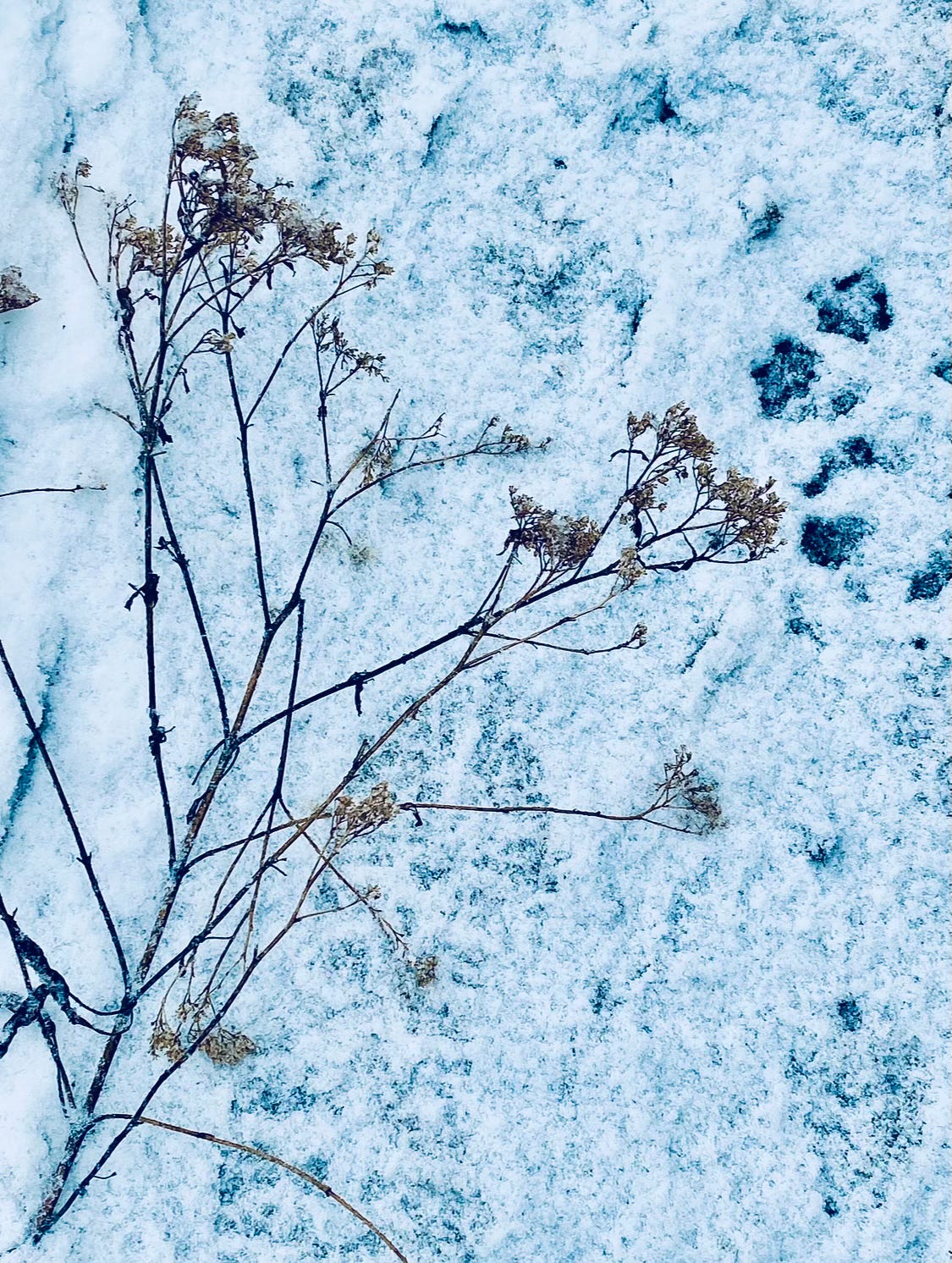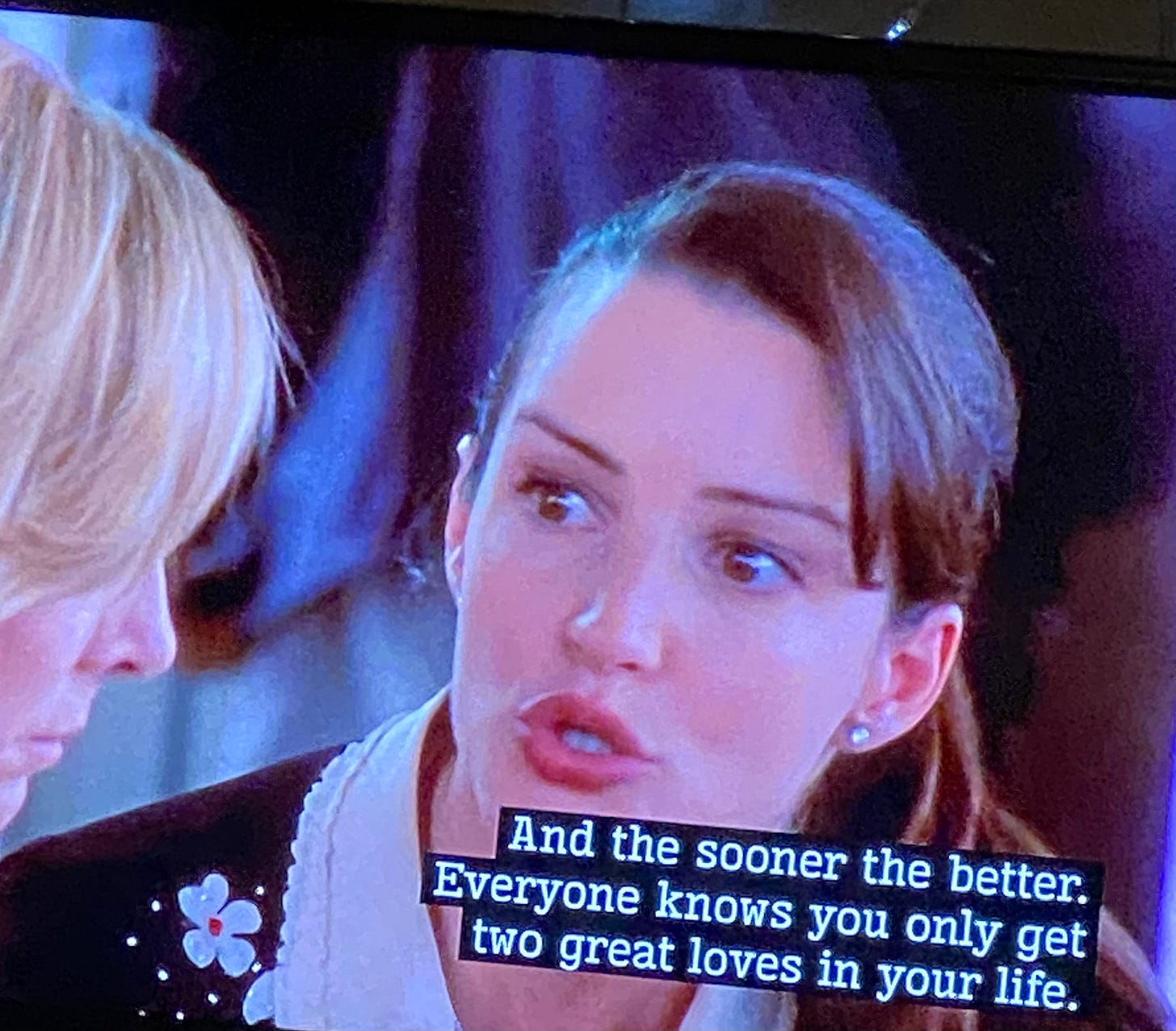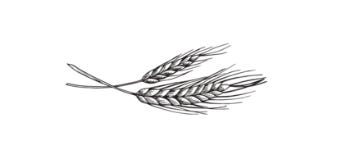holy and unutterable.
a note about love (addiction?). | + links, recs, & a workshop announcement!
Dear ones,
Valentine’s Day was this past week, which meant there were lots of circulating memes about love. As usual, bell hooks was the most frequently quoted, partly because she was a sharp and powerful thinker, and partly because when it comes to theories of love, there isn’t a huge canon. The pool of people who get cited as having done this kind of work is usually limited to bell hooks, Erich Fromm, Roland Barthes, Simone Weil (kinda). We can turn to social movement thinkers and spiritual leaders for quips on love—people like Martin Luther King, Jr., Paulo Freire, Thich Nhat Hanh, and Che Guevera—but they are (importantly) thinking bigger than romantic love. The relationship anarchists, polyam enthusiasts, and asexuals are doing meaningful work troubling norms around love, and although I have some overlaps, I sometimes feel only adjacent to those ideas. Certainly there is plenty of writing from psychoanalysts and psychologists about love and the brain, which I’m entrenched with in my own therapy practice, but this literature is not the stuff of Valentine’s Day cards. 1
I’ve never doubted love in my life, I’ve never held a narrative of being unlovable, and I’ve always been sure that I’m capable of loving. My fascination with making sense of love has never been because it’s felt out of reach, but because it’s felt so simultaneously present and also inexplicable…Because it takes so many different forms, because it can be so certain even while looking a thousand different ways. Love is a thing we know, it seems, in our bodies or minds or spirits (or all of them together), but in many ways is also undefinable. The poets, the musicians, and the theorists above still haven’t quite nailed it, and that’s probably the point. Love has to be ineffable—holy and unutterable, like awe.
I am so compelled by the romance of its unknowability, but many chapters of my life have encouraged me to get as close to understanding love as I could. To turn to the theory and the frameworks. After I blew my life up in 2021, I started thinking about another approach to love: the idea that it could be, or turn into, an addiction.
***
My grandfather was a friend of Bill. Which is to say he was sober and working the steps, devoted to The Program. He knew, in the way AA defines it, addiction when he saw it. He had transformed his life when he kicked his drinking habit, and if he saw someone struggling, he wasn’t afraid to call them out and tell them there was a better way. So it’s no wonder it’s stuck with me, what he whispered almost urgently on a Christmas Eve about fifteen years ago: “I think you might be…addicted to love.”
I didn’t know, back then, that addiction was possible outside of drugs and alcohol, so my reaction was a mix of amusement (the song played in my head immediately) and shame — it must’ve been very clear how bad I was doing that holiday, right after a recent breakup. Gramps just sort of walked away after sharing his concern, which was typical of him, and I was left by the twinkling lights on the tree considering the possibility.
I still don’t know if I believe in love addiction; addiction in general seems, to me, like a fascinatingly complex thing that can’t really be encompassed with a singular pathology. But I have, more than once, googled “am I a love addict?”, partly because Gramps suspected it, and partly because the absolute darkest times of my life have been on the other side of breakups. And some of the best times of my life have coincided with falling in love. It’s an unmooring thing for me— falling in love, falling out of love, loving more than one person at the same time (truly the worst pain I’ve ever felt), losing love. These experiences have upended me. And, for many years, the thrill of falling in love drove me to disaster, or at least to brief periods of chaos. Sometimes I did chase it, as Gramps surmised, like a high.
When P and I were early in our falling in love, still living on different continents, we decided we’d read a book together. Anytime P came to visit or I went to visit, he’d read while I was curled beside him in bed before we fell asleep; and when we weren’t able to be together, he’d read to me over the phone. The book he suggested was This is How You Lose the Time War, a poetic, futuristic novel about soldiers of dueling empires whose correspondence turns from taunting to flirtatious to deep romantic love. There are many beautiful lines from the book, but the passage that has stuck with me — a passage P and I agreed was true for us, got close to how it felt to love so big — is dramatic and ridiculous and over-the-top:
“I love you. I love you. I love you. I'll write it in waves. In skies. In my heart. You'll never see, but you will know. I'll be all the poets, I'll kill them all and take each one's place in turn, and every time love's written in all the strands it will be to you.”
I’ve had a few Kill the Poets kind of loves. Three, if I had to quantify it, including my very first love at 17, which I feel okay about. I’d add another three Big Loves to that list, ones that were significant, longer-term, but more even-keeled, less urgent; not quite “I’ll be all the poets”-level. So that’s six, if we’re counting, Serious Loves, and outside of those have been additional loves: shorter term relationships that were nevertheless loving and important. And of course there have been many (many) lusts and flings and crushes. Most days I’m okay, and even grateful, for having so many experiences with love; other days, I am ashamed. On these days—the shame days — I think six loves is too many, and certainly a new Kill the Poet kind of love at age 36 (when P and I first began our descent into one another) is just too old. I should be done with this by now.
After the breakup of my last long-term relationship and the subsequent falling in love with P, I felt exhausted by all of it. “I don’t ever want to fall in love ever again,” I told my closest confidants. I didn’t say it in a romantic way, affirming that P and I were destined to be together forever (though we wanted and still want that)---I said it in a white flag way. I had had enough. The thrill of butterflies and new romance just sounded tiring and anxiety-inducing. I felt cured of the habit, by way of some kind of sick exposure therapy—by 36, I had had enough extreme emotional highs and lows to last me the rest of my life. (You now have plenty of writing material, my twisted artist brain conceded.2)
The experience pummeled me. Many of you read along through my grief and my ambivalent leap into something complicated and new. And here on the other side of that tumult (the breakup with L and the falling in love with P), it does feel akin to kicking a bad habit. I don’t seek out new admirers, I don’t get a rush at flirtatious DMs, I don’t feel like my life would be dimmer if I never had a Big Love again. For most of my dating life, though, I did seek, I did get that rush, I did feel like I’d be missing out if it never happened again.
So are the 12-steppers right? Maybe. Maybe I’ll be a forever recovering addict, like they’d say of my relationship to eating disorders or exercise. Or maybe to put something like love in the confines of illness is a disservice to the wonder of it. Or maybe I’m just part of a slightly delayed but normative aging process, in which I go from seeking experience to seeking stability. Maybe, probably, it’s a mix of all of that.
***
Here’s an awkward but relevant transition into announcing a new writing workshop: writing about love is hard and sometimes impossible, but writing about sex is much easier and SO FUN! I’m hosting a three-hour zoom workshop to help you navigate writing about sex in your analysis, creative nonfiction, or fiction. We’ll read some examples hot and smart sex writing, I’ll provide prompts (inspired by the natural elements), and you’ll have time to share and get feedback on your work. There will also be plenty of time for questions and discussion. I’m opening this to newsletter readers before I post it on social media, so email me soon if you’re interested!
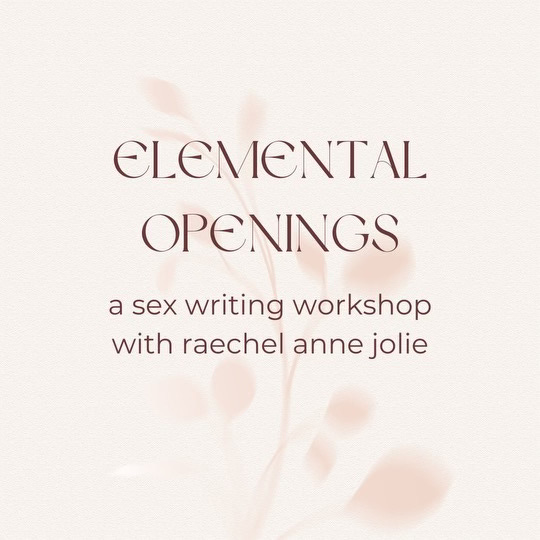
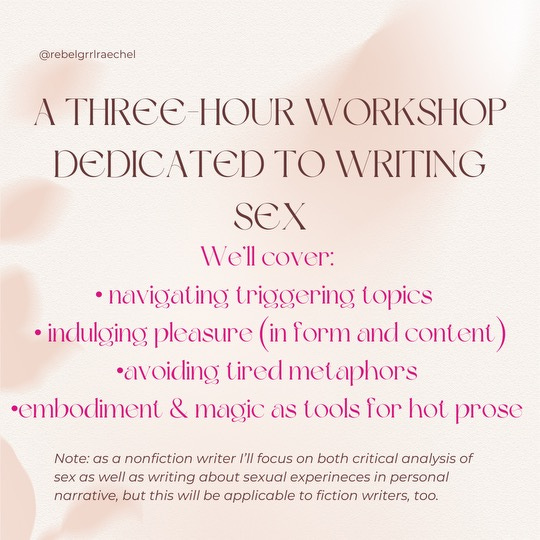
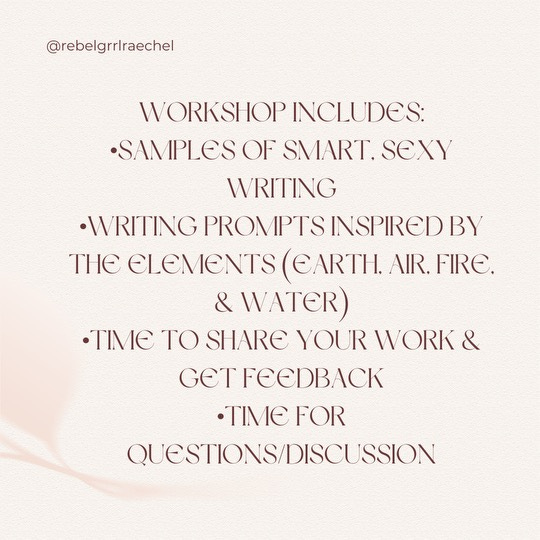
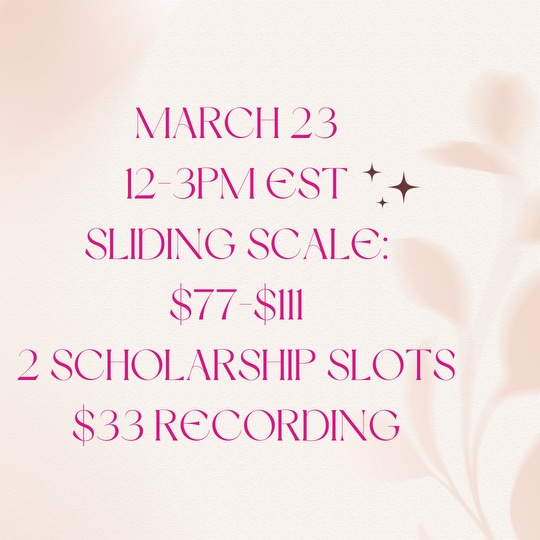
***
If you’re new here, you can read some of my past notes on romantic love here:
on discerning love and community care, interdependence and codependence.
on the queer art of breaking up.
on the aftermath of love.
And some of my sex-related notes here:
on sex work in french impressionism.
on sexual labor in non-sex work jobs.
on pamela anderson and what we consider sexual violence.
on the radical potential of public and/or deviant sex (interview with the Make the Golf Course a Public Sex Forest editors).
on kink and spirituality (interview with Binyamina).
***
Lists and links and more fun goodies below. <3
I love you. (Somehow I know it.)
love & solidarity,
raechel
Reading.
Keep reading with a 7-day free trial
Subscribe to radical love letters to keep reading this post and get 7 days of free access to the full post archives.

